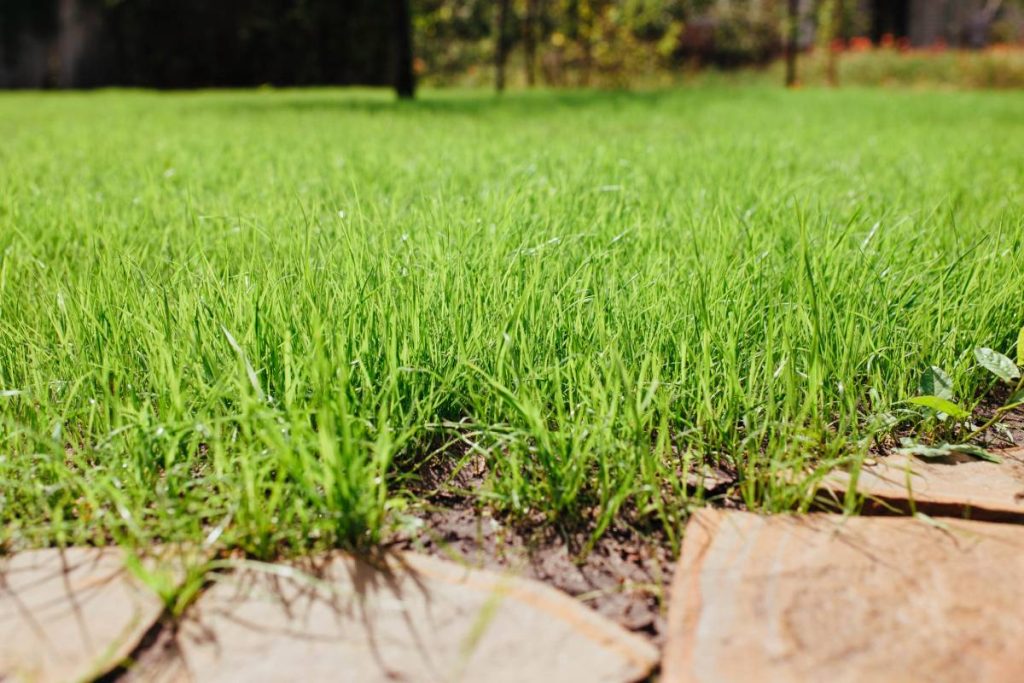Why is Waterproofing Important? How Much Does it Cost to Hire a Bathroom Waterproofer?
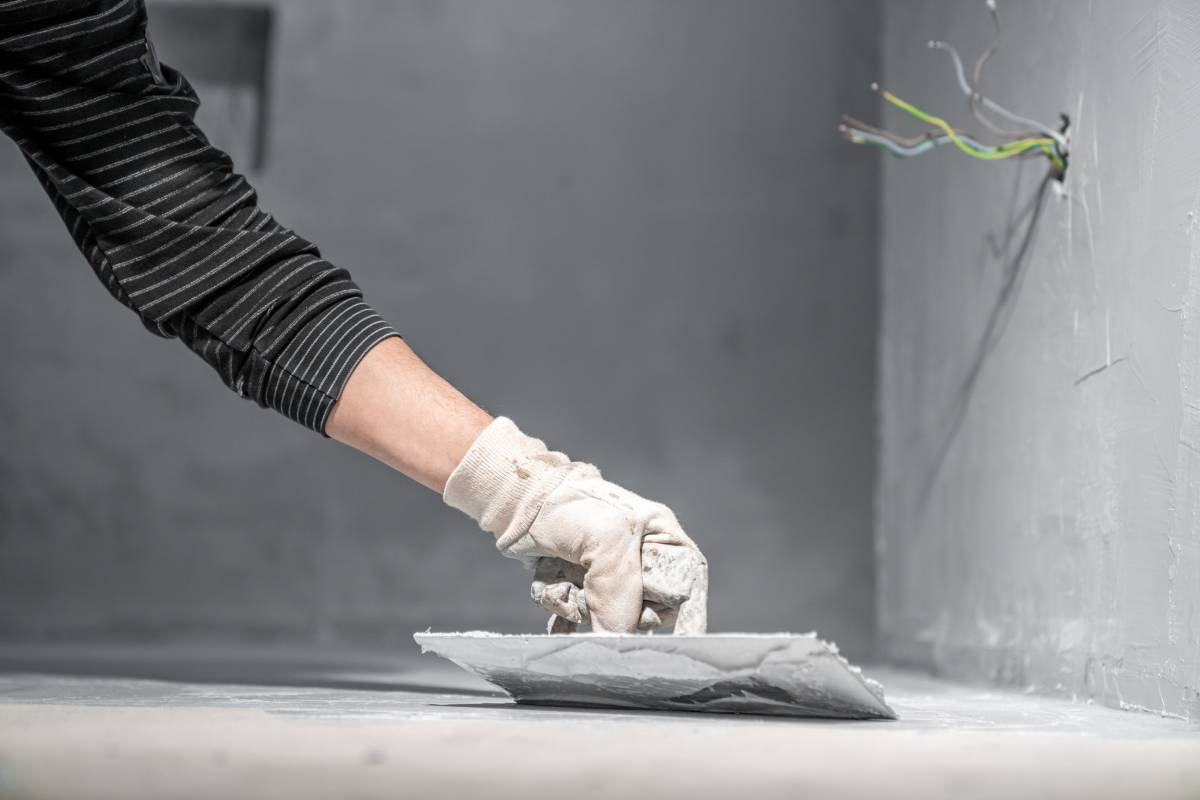
Ensuring your building meets the Waterproofing standards outlined in the Building Code of Australia is crucial. Make sure your waterproofing specialist is capable of meeting these strict standards.
Waterproofing involves making areas like bathrooms and showers resistant to water. This is essential for places regularly exposed to water, such as bathrooms, showers, swimming pools, and even roofs.
Waterproofing your bathroom can remain unaffected by constant water exposure. This can be achieved through various methods, such as using waterproof tiles or shower sealing systems.
To waterproof a shower recess, use complete waterproofing supplies. Your specialist can also waterproof a bathtub through bathtub refinishing, a process that reseals the bathtub surface.
Waterproofing provides protection against water ingress, preventing water from seeping into the structure below the waterproofing membrane.
Why is Waterproofing Important?
Beyond complying with regulations, waterproofing is a reliable way to safeguard your investment.
A non-waterproof house may develop leaks leading to water damage. This damage is particularly problematic on the upper floors, exposing the area below.
Waterproofing helps you avoid unnecessary expenses, like buying sump pumps to prevent basement flooding. Additionally, water damage can weaken the home’s foundation, posing risks to your family and shortening the home’s lifespan.
Investing in top-notch waterproofing services can spare you the troubles associated with a water-damaged house.
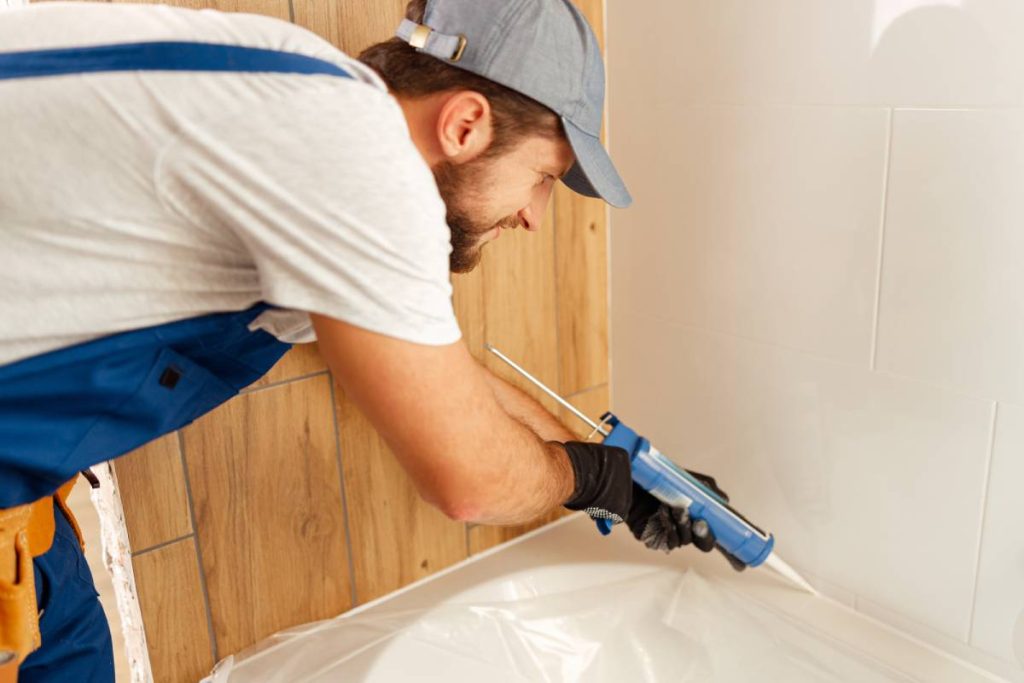
How Much Does it Cost to Hire a Bathroom Waterproofer?
The cost of hiring a bathroom waterproofer typically ranges from $50 to $150 per hour. Some contractors may charge as low as $40 per square meter. If you’re planning a complete bathroom renovation, bathroom renovators usually charge around $65 per hour, but keep in mind that this includes more than just waterproofing.
For optimal waterproofing expertise, consider hiring waterproofing specialists, who usually charge an average of $32 per hour, representing the national average for hourly charges among waterproofers.
How Much Does it Cost to Waterproof a Shower?
Waterproofing a shower generally costs less compared to waterproofing an entire bathroom. Since showers are smaller spaces, they require fewer waterproofing supplies.
Similar to bathroom waterproofing, you have the option to hire a tiler, bathroom renovation specialist, builder, or waterproofing expert for shower waterproofing. The hourly rates remain consistent, with bathroom renovation specialists charging around $65 per hour, waterproofing specialists at $32 per hour, and tilers ranging from $50 to $150 per hour.
If you have a glass shower enclosure, it’s advisable to ensure that the tradesman you hire is proficient in working with glass.
What Areas Need Waterproofing in Your Bathroom?
To ensure compliance with the Building Code of Australia, it’s important to follow these bathroom waterproofing guidelines:
- Completely waterproof shower enclosure floors.
- Waterproof shower walls up to a height of 1.8 meters.
- Waterproof bathroom floors and walls made of wood.
- Waterproof bathroom walls up to a height of 150mm.
- Waterproof areas that are prone to water exposure.
Please note that these requirements must be strictly adhered to. Additionally, it is your responsibility to identify other needs for bathroom waterproofing, such as the toilet and tub.
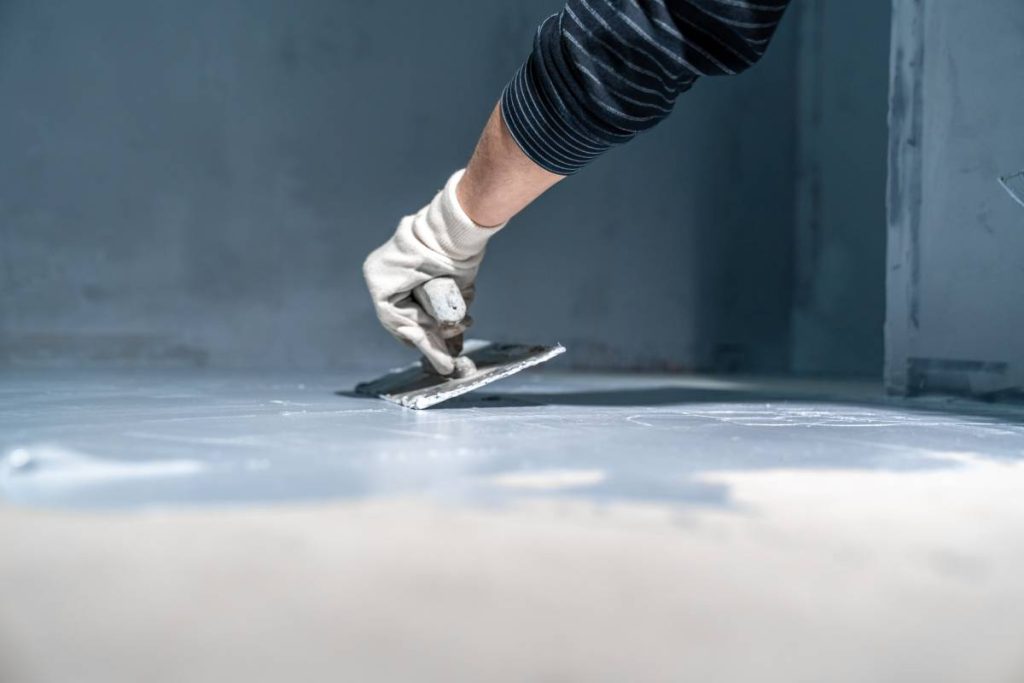
What Influences the Cost of Bathroom Waterproofing?
Several factors contribute to the overall cost of a bathroom waterproofing job:
Project Size
Larger bathrooms require more waterproofing materials.
The time it takes to complete the job increases with the size of the bathroom, impacting labour costs, especially if you’re paying an hourly rate.
Location
Your geographical location affects labour rates, varying from one area to another.
The specific location of your bathroom within your home matters. Bathrooms on higher floors, like the second story, require comprehensive waterproofing, while those on the ground floor might have lower costs as only wall waterproofing is needed.
Urgency
Emergency services, including waterproofing, tend to be more expensive.
Choosing a contractor available during weekends or your preferred time can help avoid emergency costs.
Hiring licensed tradespeople is crucial, as while some may offer lower fees, their work quality may be questionable, leading to potential issues.
Materials
Apart from the quantity of materials, the type of materials your contractor uses is another factor influencing the cost of home waterproofing.
The waterproofing membrane’s quality plays a crucial role in determining project costs. For effective waterproofing in your bathroom or shower, a continuous layer of a durable and tear-resistant waterproofing membrane is necessary. This membrane prevents water from seeping through, ensuring a watertight seal.
An ideal waterproofing membrane should also be flexible and elastic, capable of covering cracks and adapting to various surfaces, even those not perfectly flat. If your bathroom has a skylight, opt for a UV-stable waterproofing membrane to withstand prolonged exposure to sunlight and ensure durability.
Top-notch waterproofing membranes exhibit excellent water-resisting properties. You can research and review these membranes online to gauge their performance in water testing.
Using subpar waterproofing materials may lead to suboptimal results, requiring you to redo the waterproofing process. Investing in high-quality waterproofing membranes can help you avoid the expense of resealing showers and bathrooms in the future.
Commonly used waterproofing membranes include:
- Acrylic
- Chlorinated rubber or latex
- Epoxy
- Polyurethane
- Polyester resin
- Tar epoxy
State of the Bathroom
The condition of your bathroom also impacts the waterproofing process. If your bathroom is in good condition, the waterproofing process should proceed smoothly without additional steps that could increase expenses.
Conversely, when dealing with damaged shower walls and floors, especially if tiles are cracked, additional steps become necessary. Damaged tiles must be replaced before the waterproofing process can commence, adding to the overall cost.
Understanding these factors will help you plan and budget effectively for your bathroom waterproofing project
Recent Posts
Recent Comments
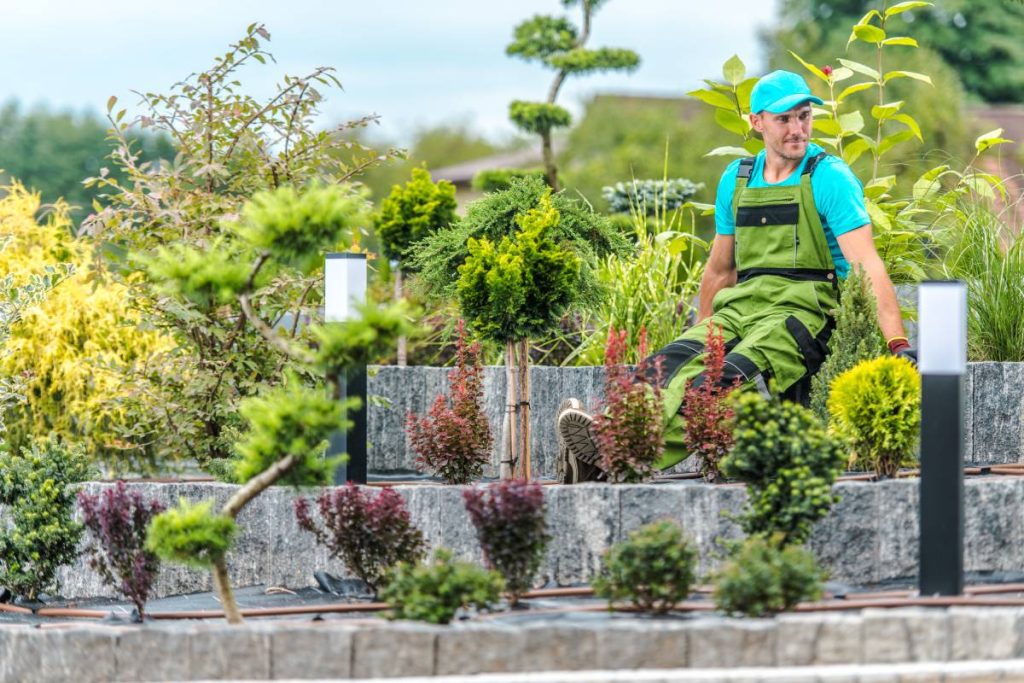
What Do Gardeners Do? How to Earn a Decent Income as a Gardener
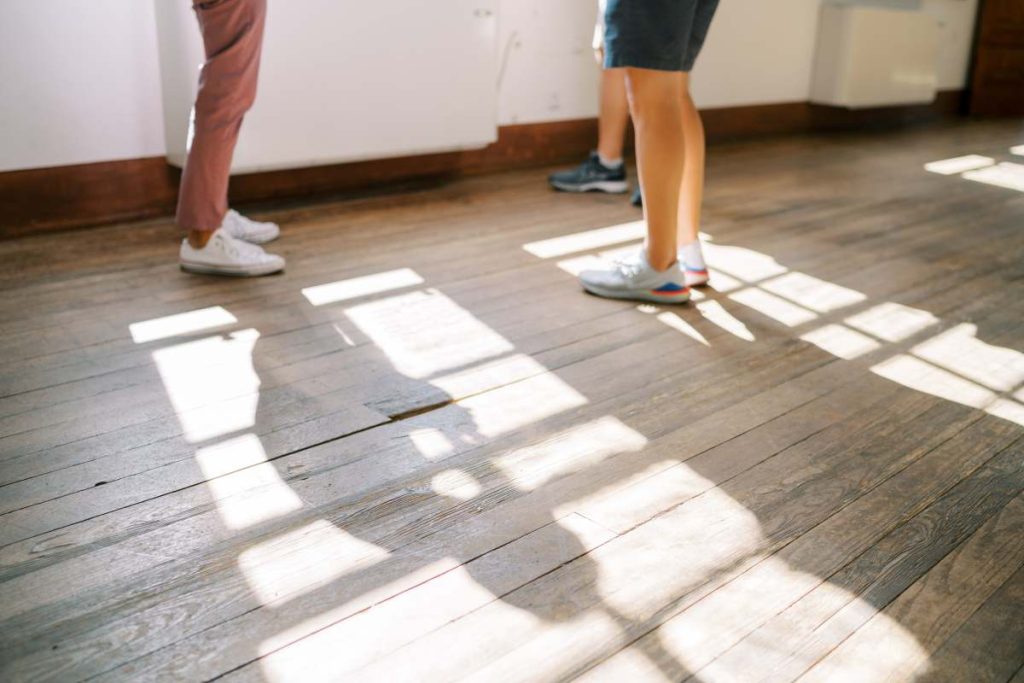
Why Does My Wood Floor Feel Hollow? Can I Fix the Hollow Spot in the Wood Floor Myself? How Much Does It Cost to Fix a Hollow Spot in My Wood Floor?
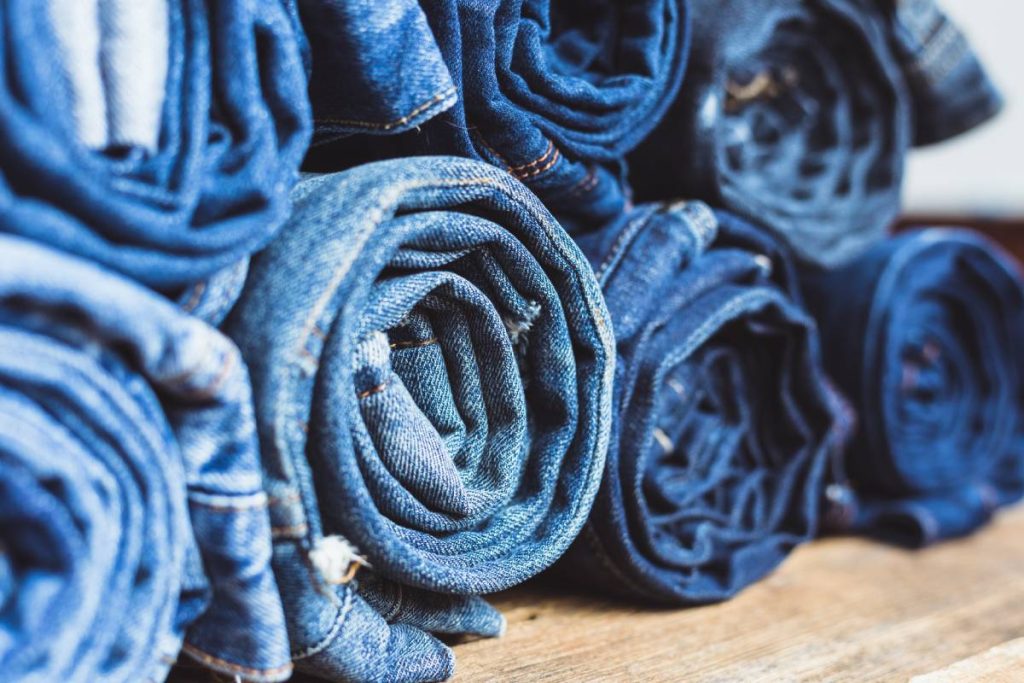
History of Denim and Jeans: What Makes Jeans and Denims Popular Throughout History?
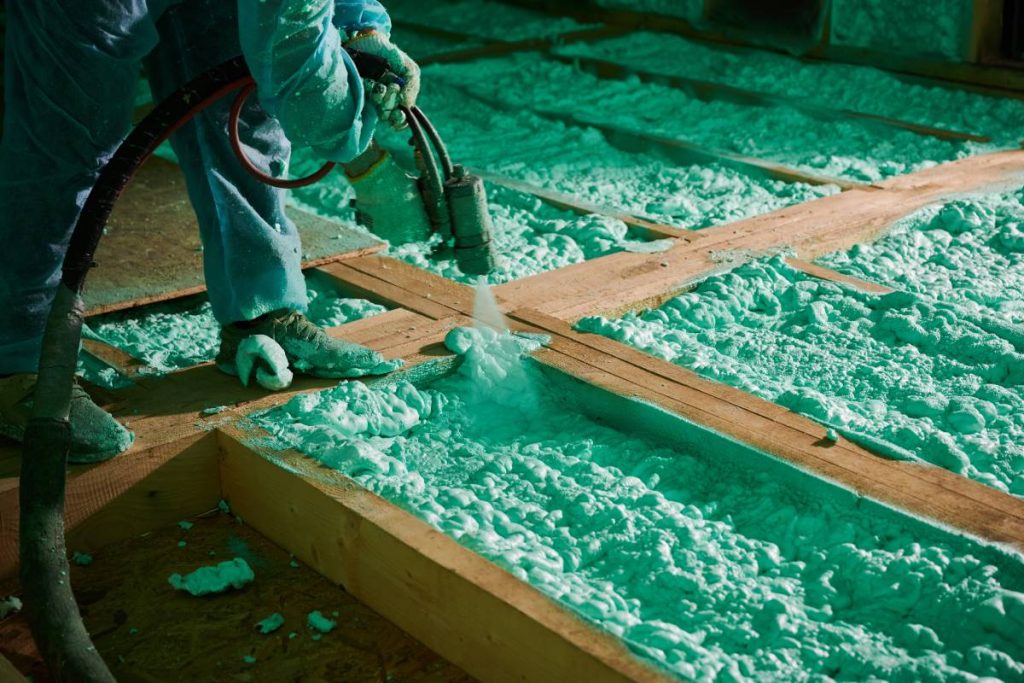
What is spray foam insulation? How much does underfloor insulation cost in Australia?
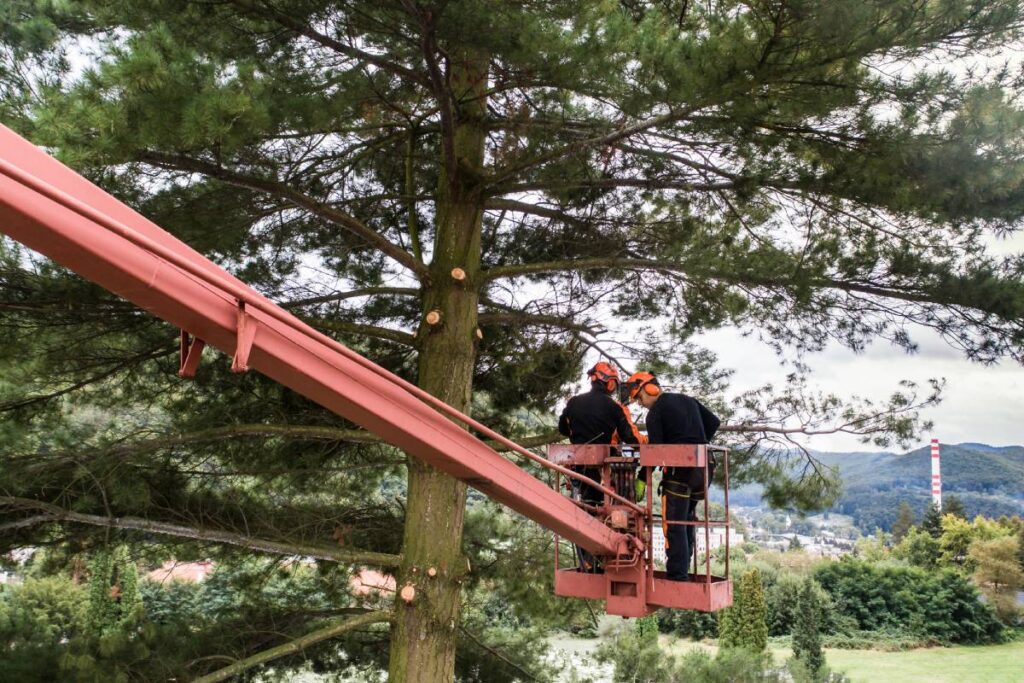
What Are Tree Reductions? What Are the Benefits of Tree Reduction?
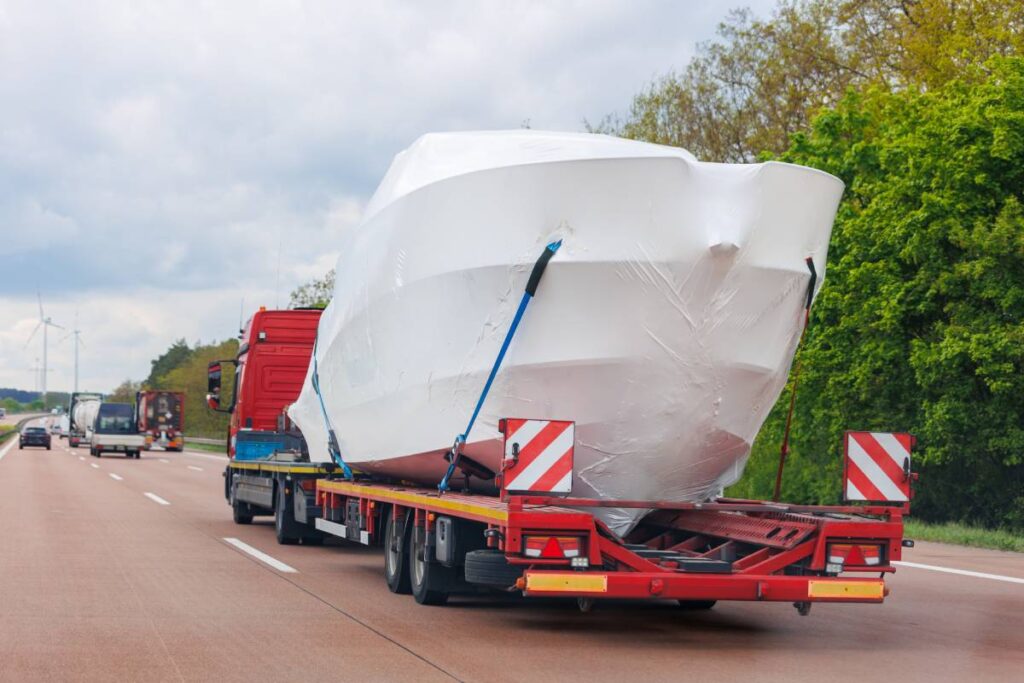
Can You Transport Your Yacht Interstate Yourself?

How to Get Rid of Ants in Your Lawn: A Complete Guide
